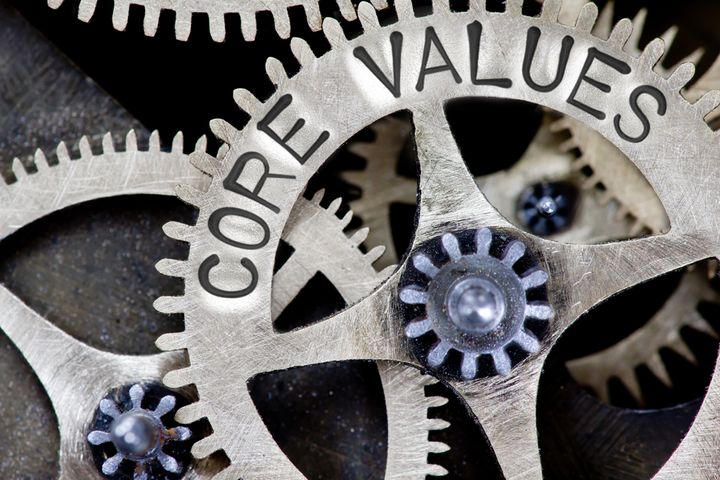Build a stronger team after your mistakes

Situation
A CEO focuses his growth strategy on acquisitions. Over time, some deals bear fruit while others fall short of expectations. For a while, he only shares his regret over the low-performing acquisitions with his closest aides. In time, caution subsides and, he begins to share his beliefs with more people. Most notably, he shares his disappointment with the employees of the low-performing units. This creates leadership challenges for the local team and, unsurprisingly, creates unrest and low morale in those locations, virtually assuring that performance will deteriorate further as disengagement and turnover occur.
Viewpoints
Some may observe that the CEO was honest. Others may note that the CEO had only himself and his acquisition team to blame. Nobody held a gun to his head to buy the low-performing units. More importantly, nobody left in those groups had anything to do with the decision to be purchased. They were only trying to do great work for their customers. They didn’t deserve to have the weight of poor decision-making laid at their feet, but that’s what they got.
Practical Solutions
There are ways to handle bad decisions and leave ourselves and the team stronger for our collective trouble.
Accept that it may have been the right decision at the time. Things change, and stuff happens. The bright future we envision when we make a decision doesn’t always come to pass. Accountable leaders accept that 100% of their decisions will not work out. They learn from them, take the consequences, and move on.
Acknowledge what we missed. Sometimes we get caught up in the emotion of a decision and skip one or more steps in our research and diligence. We are not always penalized for skipping the steps, but when things go pear-shaped, it’s worth looking back on the missed steps and using those to vet the next decision of its kind.
Give a damn about the people. Frankly, it’s selfish to rebuke others for our mistakes. And it’s unfair to blame those that, quite literally, had nothing to do with the poor decision we made. For organizations, the quality of the people differentiates the average from the best. Respect everyone who shows up to serve customers and run the business every day. Especially those that are doing so in a part of the company about which you care less. Make no mistake, if you don’t care, people in every office will know.
Treat it as tuition paid. The downside of a wrong decision is that it costs time and resources. The more significant disadvantage arises when we don’t learn from the decision, don’t change the approach in the future, and then repeat the mistake. The best leaders fix problems, learn lessons, and spend no time fixing blame.
Run it, change it, or sell it. When we buy a business that, over time, doesn’t fit with an evolving long-term strategy, we have options. We can acknowledge that the most valuable resource purchased was the know-how of the people and create a service or product that fits their talent to the strategy. We can sell the business because it’s non-core (i.e., not critical to achieving the company goals), and attempt to retain the best talent for other units. We can treat the business and its hard-won customer base as a feeder for core products and services. We can sell a product line, non-core intellectual property, or a part of the business.
What we should never do is treat our team members as second-class citizens subject to whim, falling interest, and shrinking attention spans.
Takeaway: As leaders, telling people what’s on our minds without considering the resulting impact on them is selfish. When we make mistakes, blaming others is the lazy way out.
Whatever you think about the business, the people who show up every day need your support in words and deeds. If you treat people like second-class citizens because they work for a troubled unit, everyone in your organization will notice.
Some reduce their discretionary effort, and others decide to vote with their feet. Either outcome is bad for the leaders, the organization, and its people.
Building a stronger team after a mistake is not only possible, it’s smart, and it’s a decision that just gets better over time.


